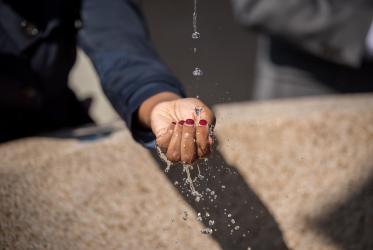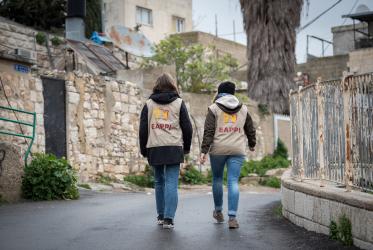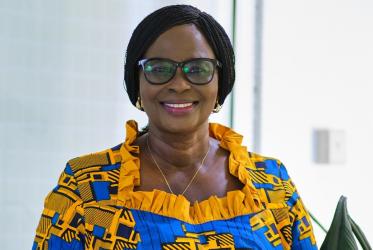Displaying 1 - 20 of 60
What can churches do to prevent modern slavery?
22 February 2024
Ellyanne Chlystun-Githae Wanjiku to COP28: “listen more to children”
13 December 2023
A Double Whammy*
23 November 2023
“The occupation can’t last forever”
25 October 2023
“They want to live without fear and constant harassment”
25 October 2023
ACT Alliance general secretary: “equity is not negotiable”
26 September 2023
"Palm Sunday Reflections"
02 April 2023















